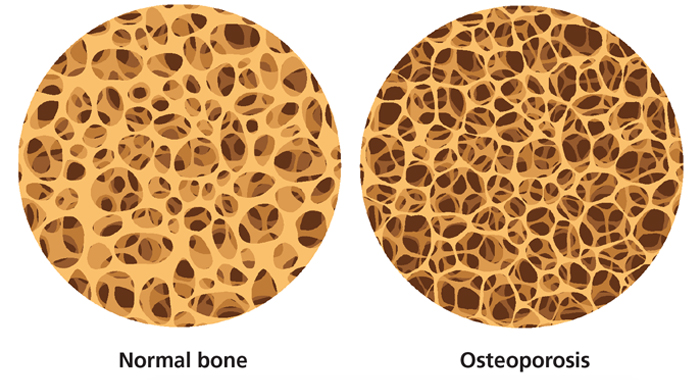Most women experience menopausal symptoms, which can be sufficiently severe to have a significant impact on day-to-day life. The most common symptoms are hot flushes and night sweats, which affect around three-quarters of women.
Other problems can include:
- Mood changes (most frequently feeling low and anxious)Difficulty concentrating and remembering things
- Disturbed sleep
- Joint and muscle pain
- Skin irritation
- Palpitations
- Recurrent urinary tract infections
- Sexual problems, ranging from discomfort during intercourse because of vaginal dryness to reduced libido, which may be connected but could also be the result of falling oestrogen levels.
Anyone who is going through the perimenopause or menopause between the ages of 40 and 45 years should be advised to seek medical advice as they are at increased risk of problems such as:
- Cardiovascular disease
- A decline in cognitive functioning
- Dementia
- Osteoporosis. Oestrogen helps to protect bone strength but women can lose up to 20 per cent of their bone density in the five to seven years after the menopause, making them more at risk of osteoporosis (weak bones).

Post-menopausal women are also at risk of the complications of oestrogen depletion. Coupled with the effects of natural ageing, this means they are more likely to develop the conditions listed above and experience changes in their bladder and vagina.
